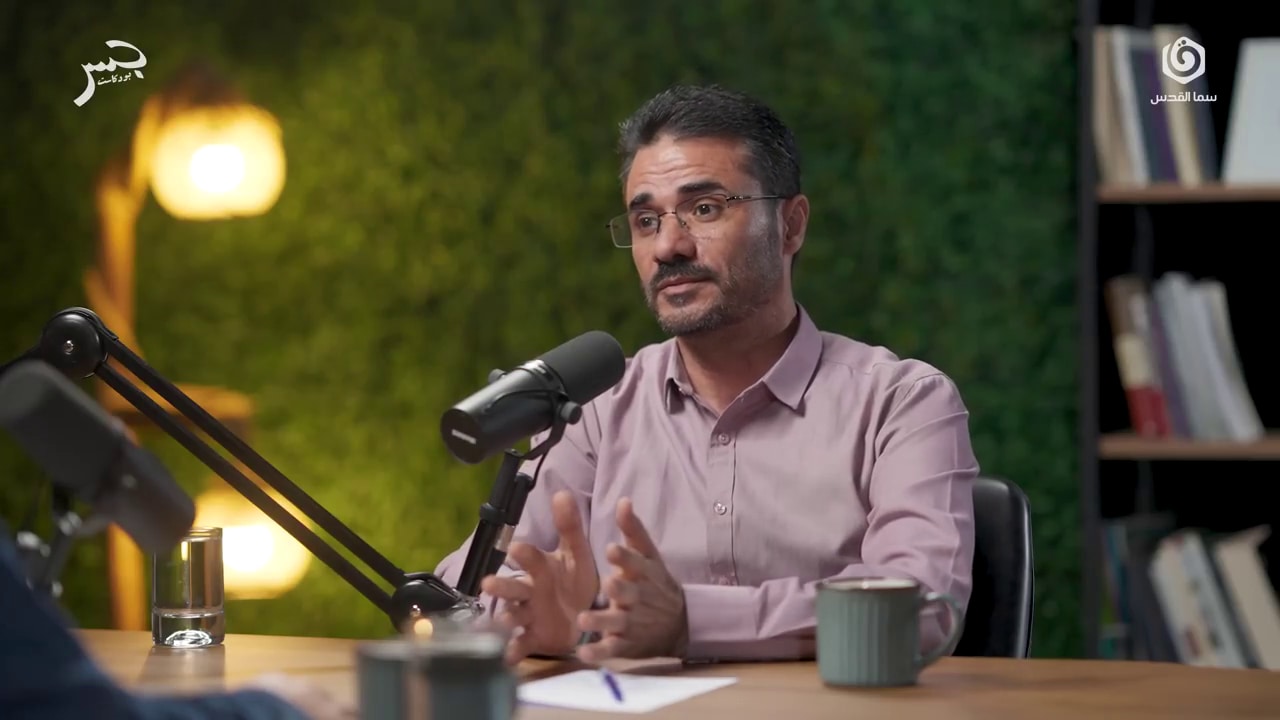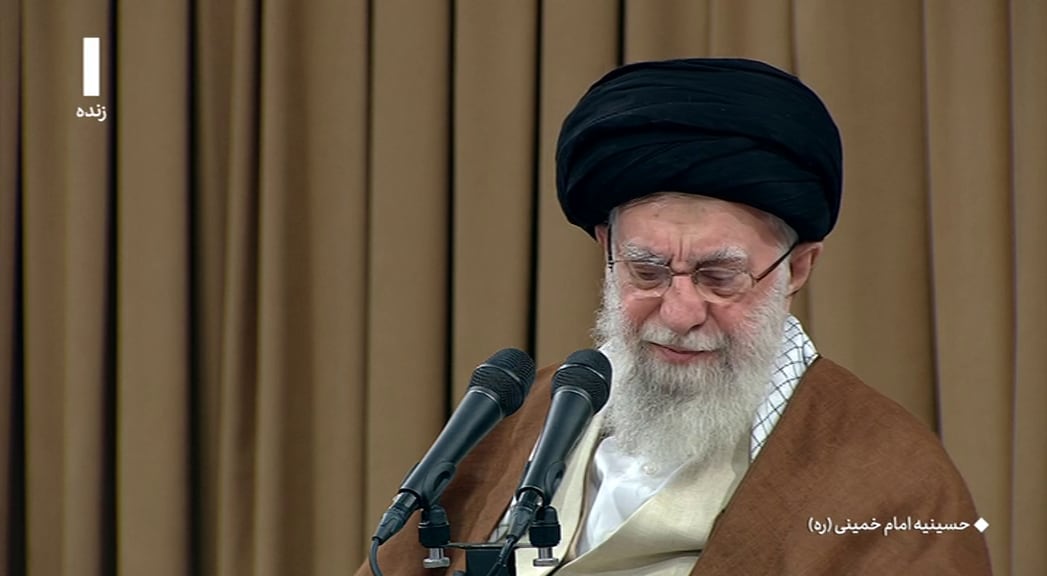
Hassan Yousef, one of the founders of Hamas in the West Bank, said in a July 12, 2019 interview on Al-Aqsa TV (Hamas-Gaza) that Hamas in the West Bank had been in constant communication with the office of Hamas leader Sheikh Ahmed Yassin in Gaza during the Second Intifada. Yousef said that his Ramallah office had been Hamas' "door" to the Palestinian Authority, and he explained that whenever Hamas wanted something from Yasser Arafat, he was the person who passed it on to him. Yousef said that Hamas in the West Bank would comply with Arafat's requests regarding operations during the Intifada, and he claimed that Palestinian national ties were at their peak during this time. Yousef also explained that Hamas had played a key role in the Second Intifada, saying that it met with the PA's Force 17 and with other PA bodies in order to coordinate and plan operations. He added that every Palestinian city had national elements from Fatah and Islamic elements from Hamas that coordinated during the Intifada.
Interviewer: "Were you in touch with Sheikh Ahmed Yassin?"
Hassan Yousef: "Absolutely. We were in constant daily communication with Sheikh Ahmed Yassin's office. I'd like to note that during that time, my office was Hamas' door to the PA. Abu Ammar [Arafat] was here in Ramallah and couldn't leave, so whenever Hamas wanted something from him, I would pass it on, and we would sit together, discuss matters, and talk with one another. When Arafat would tell us that at a certain point we'd better calm things down, we would do it. There was mutual agreement. Other times, he would agree to escalate things. There was mutual agreement. Our national ties were at their peak during that time.
[...]
"[Hamas] was in the midst of everything [during the Second Intifada]. Force 13 [sic] and everybody met and decided what would happen in the Intifada. They decided what things would happen on what day.
[...]
"In every city, the national and the Islamic factions would meet. The National Coordination Committees that operated in Nablus, Tulkarm, and Hebron were an example of this. Everybody communicated with each other, and the central command was in Ramallah."

















